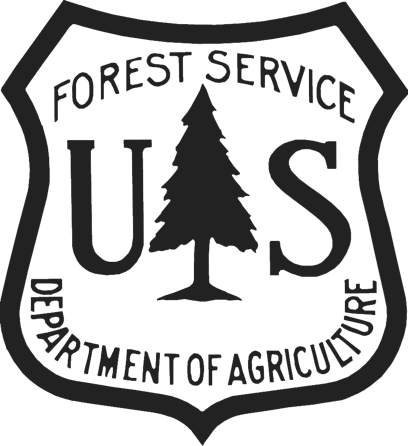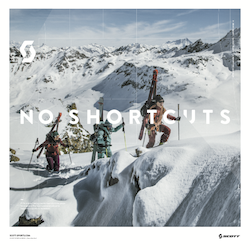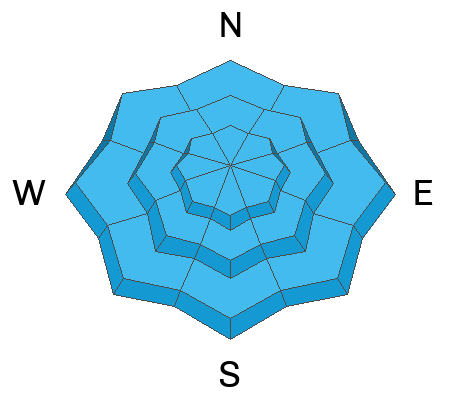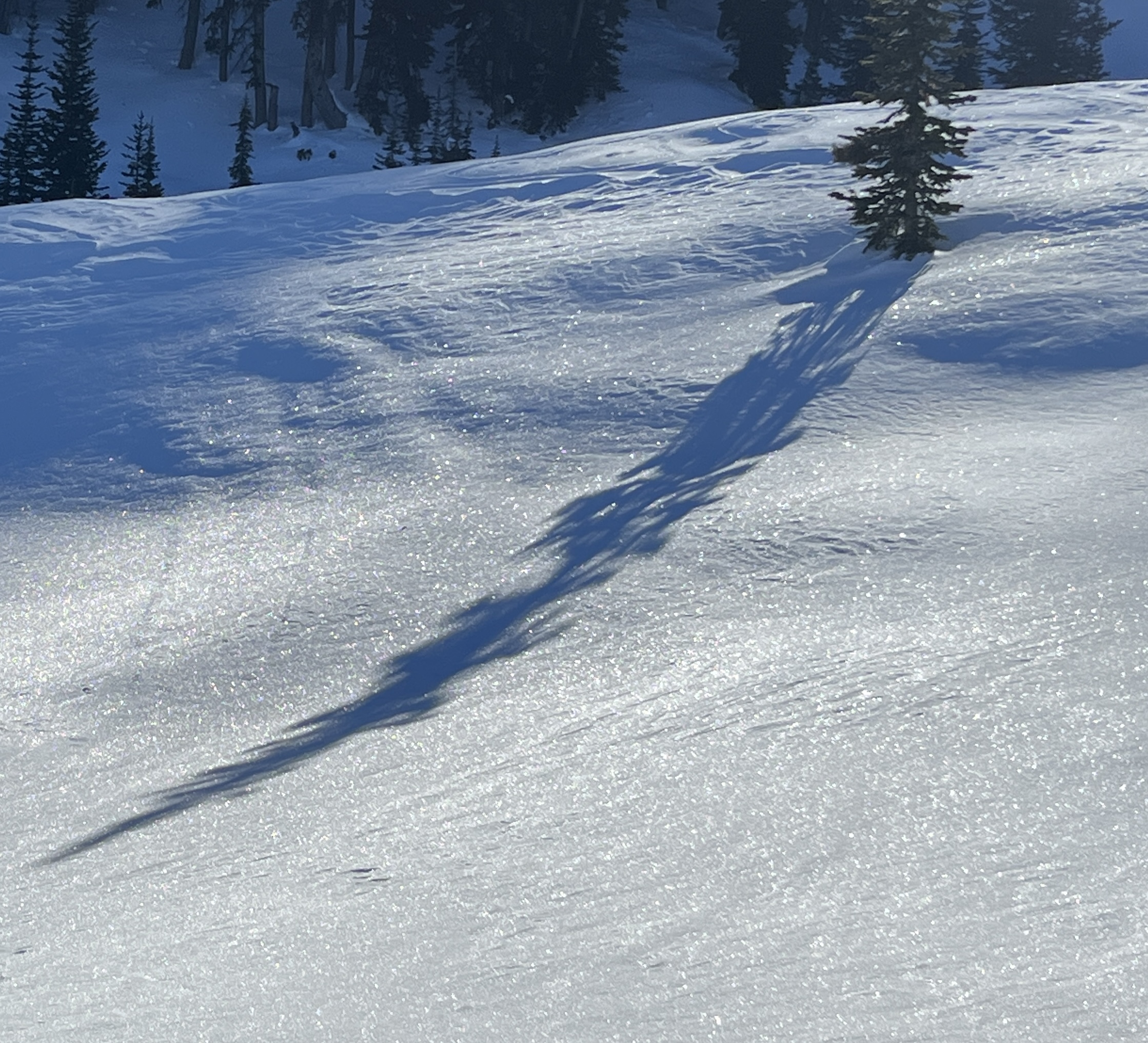Forecast for the Logan Area Mountains

Issued by Paige Pagnucco on
Saturday morning, December 30, 2023
Saturday morning, December 30, 2023
The snow is stable in the backcountry, and the avalanche danger is LOW.
Human-triggered avalanches are unlikely.
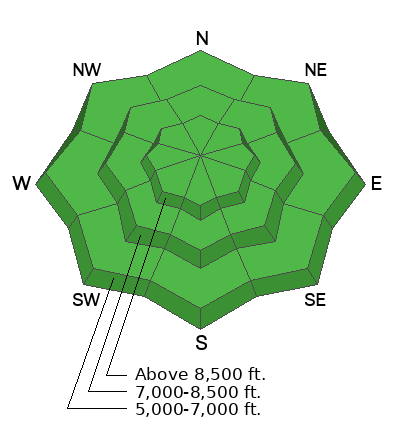
Low
Moderate
Considerable
High
Extreme
Learn how to read the forecast here


